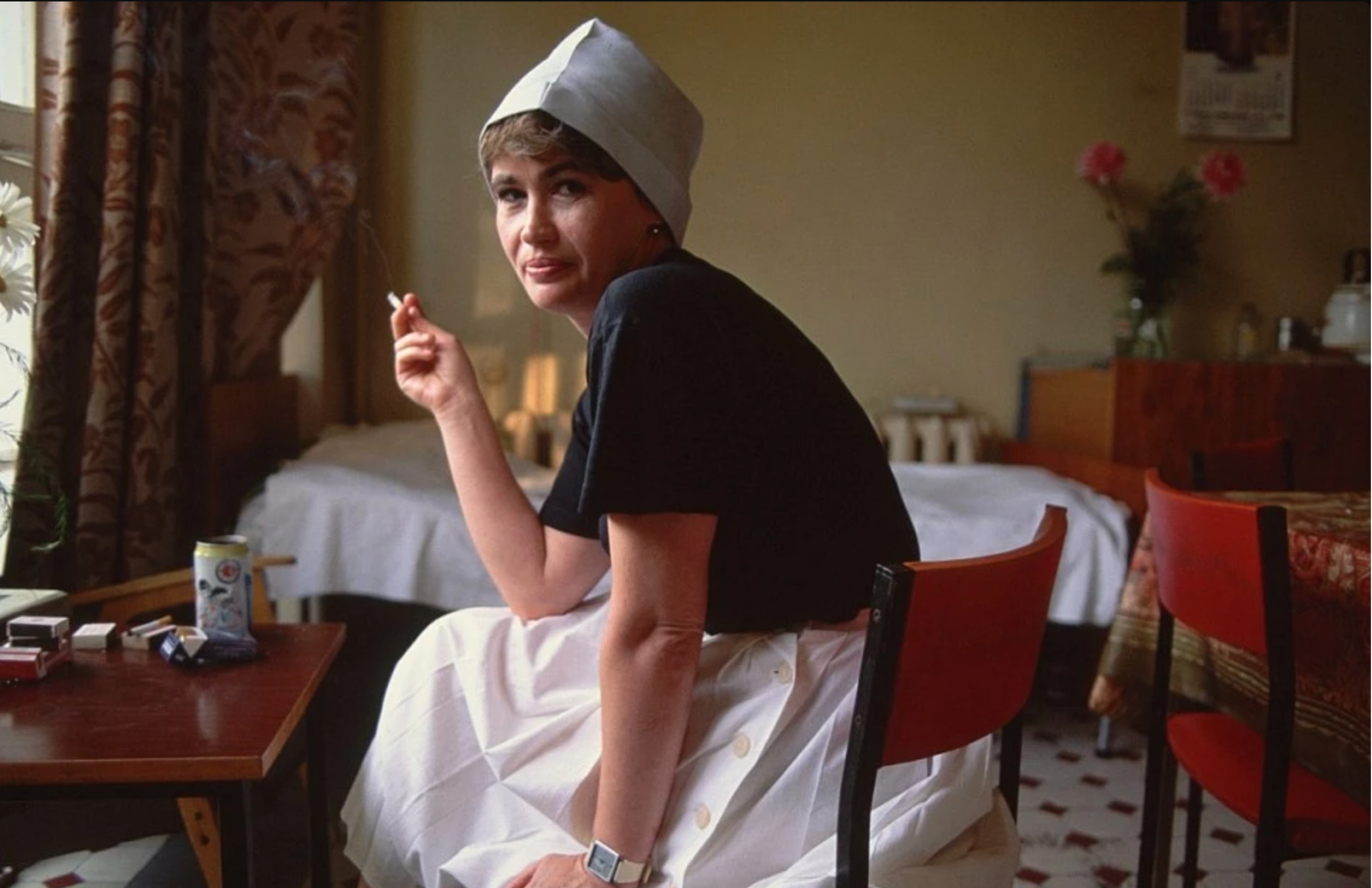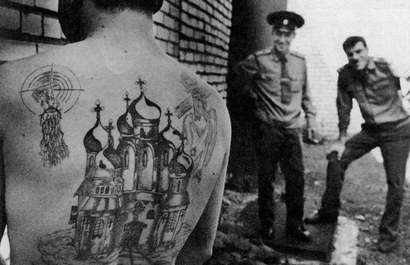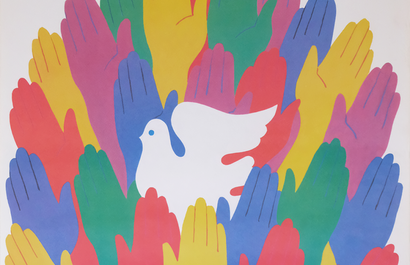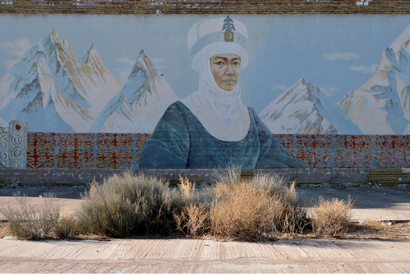Behind the Poster: Propagandising the Healthy in the USSR

In the USSR, healthcare was especially important. The population needed to be strong, healthy and productive. Armies of people were needed to work on farms and produce machinery so that the Socialist utopia could be realised. Propaganda posters like this one encouraged people to stay healthy.
Promising Beginnings
The Soviets led the world when it came to healthcare. Shortly after the 1917 revolution, the new ruling Communist party created a fully public centralised healthcare system. It was the first in the world. And it was desperately needed.
At the time, the average life expectancy in the USSR was between 31-34 years.This was almost 15 years lower than the United States. Life was hard. The 1921 famine had killed an estimated 5 million people. Seed-grain was often eaten rather than sown. Over the next two years, the USSR Ministry of Health published more than 13 million pieces of public health literature. Much of that literature was turned into propaganda like this 1974 poster: ‘Don’t Miss Annual Checkups’. Bright colours and striking graphics were a common theme of healthcare posters which were developed in the hopes of communicating to an often illiterate population. Posters advised how to prevent diarrhoea, not to drink unclean water, and to temper nipples with cold water. They were hung in nurseries, hospitals, and schools across the country, while workplaces held lectures or screened hygienic films to educate the masses.
Science replaced traditional healers. Posters were produced to denounce healers and their practice was outlawed a few years later. There was a focus on a proactive and preventative approach to healthcare in both the treatment and messaging, especially when it came to motherhood. The head of the Department for the Protection of Motherhood and Infants, O. P. Nogina said that “the sanitation of the population begins with the protection of a pregnant woman and her infant.” Loving mothers and healthy smiling children were part of the national imagery. Over the next two decades, great strides were made in combating infectious disease and providing access to basic healthcare services to all citizens. Life expectancy increased by 15 years, while infant mortality had dropped significantly.

The Unravelling
For almost seven decades, the Soviet health system led the world. It was held up as a model for developing countries and other socialist states. Like the propaganda posters that promoted healthcare, the system itself became a form of propaganda, showcasing the power of Communism.
But, the problems began in the 80s. The Soviet Union was going through significant economic and political changes at the time. Many of the Soviet Republics were calling for independence and autonomy, while the centralized economy was on the verge of collapse. Healthcare was one victim of the upheaval. A lack of investment meant that many facilities were crumbling and out-of-date. There was rampant corruption, a shortage of medical supplies, and significant disparities in treatment and outcomes. Supplies like needles, gloves and intravenous tubing were often reused. Despite similar population sizes, the US was spending almost ten times more than the USSR on healthcare, and it showed. There were large numbers of heavy smokers, poor nutrition and fitness, and a rapid rise in substance abuse. In the 1980s, the USSR was the first industrialised country ever to post a decline in life expectancy and an increase in infant mortality.
Since the fall of the USSR, healthcare outcomes have steadily improved. Absent from healthcare today are the striking propaganda posters. Shop our vintage health propaganda posters below or explore the collection here.






